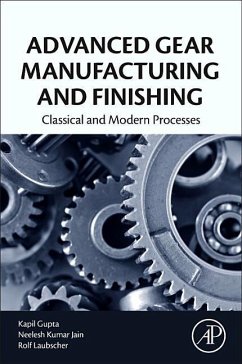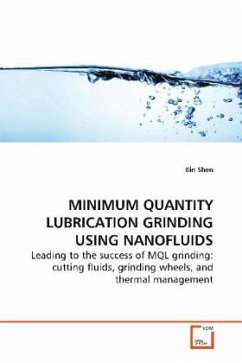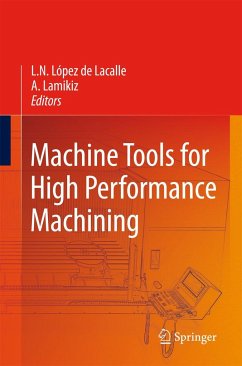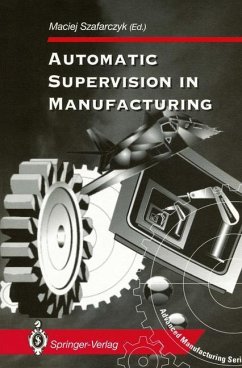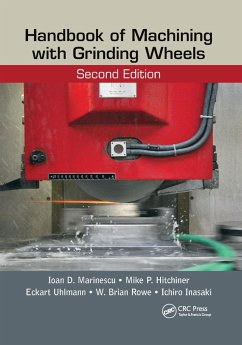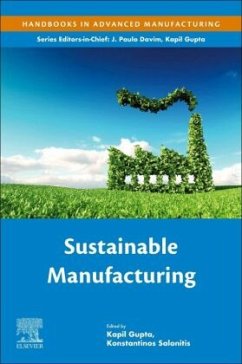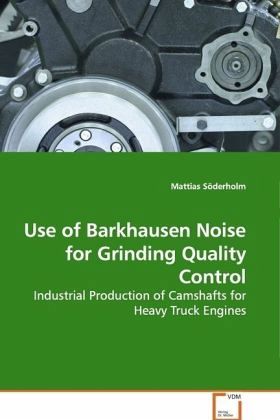
Use of Barkhausen Noise for Grinding Quality Control
Industrial Production of Camshafts for Heavy Truck Engines
Versandkostenfrei!
Versandfertig in 6-10 Tagen
32,99 €
inkl. MwSt.

PAYBACK Punkte
16 °P sammeln!
In today s industry, there is a demand for a continuously increasing productivity and very short payoff times on investments, with no room for redundant production capacity. Because of this, processes with hard to control parameters can become more unstable when the productivity demand increases. One such process is the production of forged, case hardened camshafts for heavy truck diesel engines. To insure quality, some sort of quality control tool must be used. The purpose of this work has been to verify if the Barkhausen Noise method can be used as a production control method for the grindin...
In today s industry, there is a demand for a
continuously increasing productivity and very short
payoff times on investments, with no room for
redundant production capacity. Because of this,
processes with hard to control parameters can become
more unstable when the productivity demand
increases. One such process is the production of
forged, case hardened camshafts for heavy truck
diesel engines. To insure quality, some sort of
quality control tool must be used. The purpose of
this work has been to verify if the Barkhausen Noise
method can be used as a production control method
for the grinding operation. However, actual
production camshafts have been used to include the
normal production variations of preceding operations
in the evaluation. In the book, the Barkhausen Noise
principles, the effect of different parameters, and
some grinding applications are described.
Experiences from production tests done at Scania are
discussed. Then the part and equipment used, and the
tests done for this work are presented and
discussed. The book should be helpful for companies
who intend to start using the method for grinding
quality control.
continuously increasing productivity and very short
payoff times on investments, with no room for
redundant production capacity. Because of this,
processes with hard to control parameters can become
more unstable when the productivity demand
increases. One such process is the production of
forged, case hardened camshafts for heavy truck
diesel engines. To insure quality, some sort of
quality control tool must be used. The purpose of
this work has been to verify if the Barkhausen Noise
method can be used as a production control method
for the grinding operation. However, actual
production camshafts have been used to include the
normal production variations of preceding operations
in the evaluation. In the book, the Barkhausen Noise
principles, the effect of different parameters, and
some grinding applications are described.
Experiences from production tests done at Scania are
discussed. Then the part and equipment used, and the
tests done for this work are presented and
discussed. The book should be helpful for companies
who intend to start using the method for grinding
quality control.



